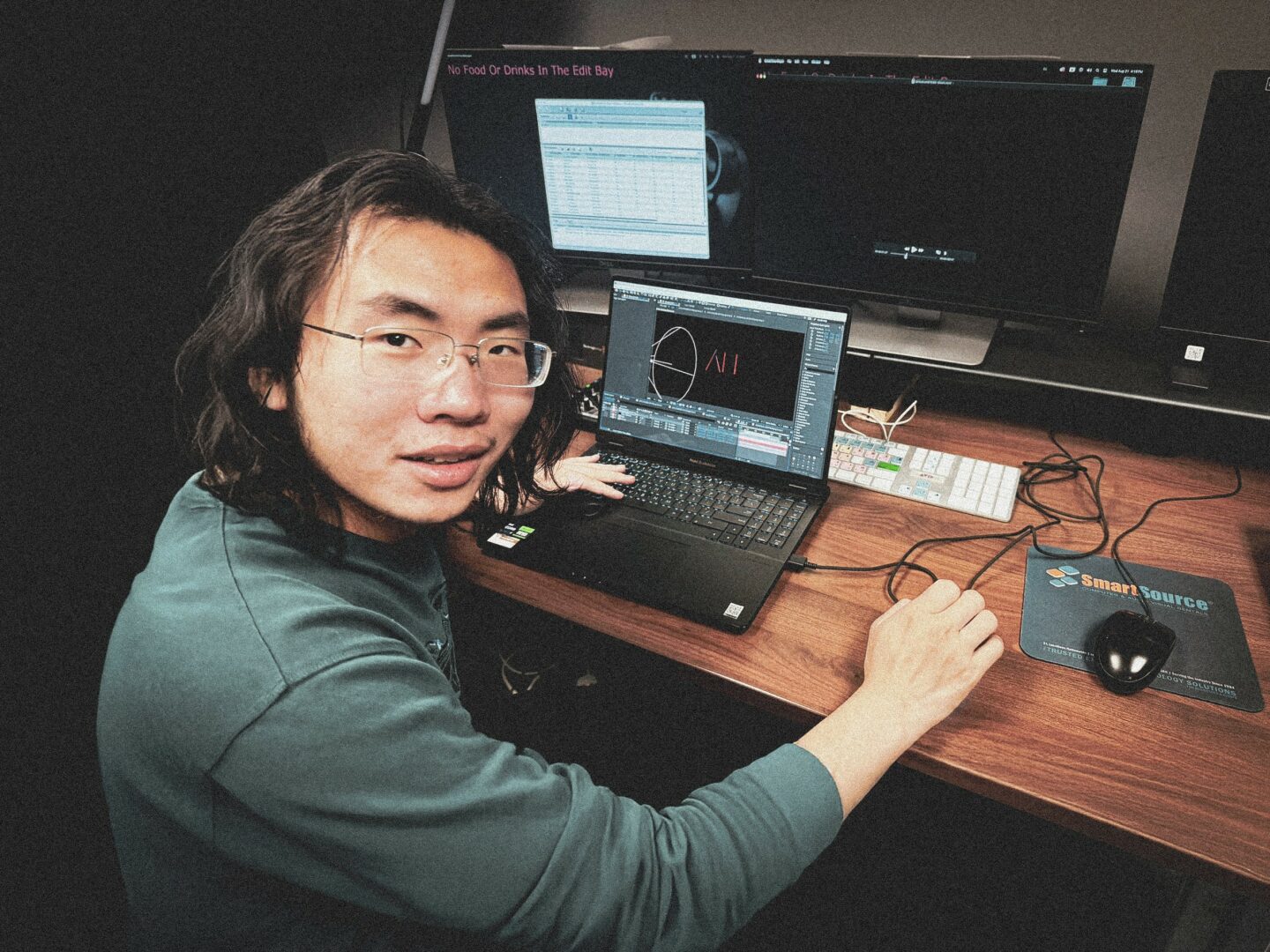Alright – so today we’ve got the honor of introducing you to Yifan Lyu. We think you’ll enjoy our conversation, we’ve shared it below.
Yifan, first a big thank you for taking the time to share your thoughts and insights with us today. I’m sure many of our readers will benefit from your wisdom, and one of the areas where we think your insight might be most helpful is related to imposter syndrome. Imposter syndrome is holding so many people back from reaching their true and highest potential and so we’d love to hear about your journey and how you overcame imposter syndrome.
In my early days exploring film work, I often felt self-doubt, constantly worrying I couldn’t measure up to others. Later I realized this wasn’t that bad—it showed I was aware of my growth areas, but the key was to actively seek out my strengths.
The key is to develop “differentiated skills” beyond basic tasks—doing what others need but struggle to handle. As someone focused on editing, my core work is crafting stories through cuts, but I also dedicated myself to VFX (visual effects). When teams needed visual effects or compositing, my VFX skills became a unique asset. Solving problems with this ability gradually built my confidence.
When I first started in film-related work, I tried various roles—production sound recording, among others—each for a period. It wasn’t until I noticed my attention to detail enhanced both editing rhythm and VFX precision that I leaned into this unique edge. Blending these skills made me increasingly sure of my professional value.
So the way to overcome imposter syndrome? Deepen your core competencies while building a distinct advantage. When your unique capabilities create tangible value, self-doubt naturally fades.
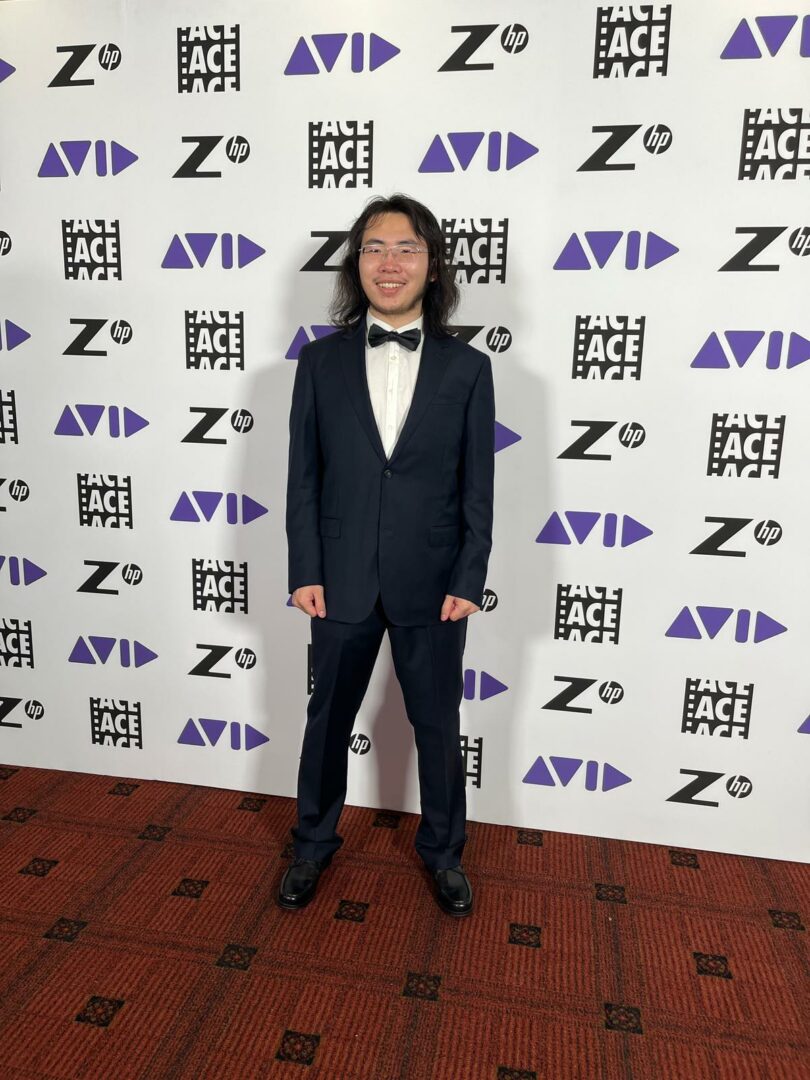
Thanks for sharing that. So, before we get any further into our conversation, can you tell our readers a bit about yourself and what you’re working on?
I’m currently a student in the Editing Discipline at AFI (American Film Institute), graduating this August. The past two years have been transformative—I’ve fallen deeper in love with editing, a craft that fully immerses me and feels like a lifelong calling.
Editing is a craft that ordinary viewers can’t consciously register but inherently feel. When people watch a film, they don’t notice the cuts themselves—those seamless transitions operate beneath their awareness. Yet the emotional impact is undeniable: editing shapes how they laugh, cry, or hold their breath. It’s the invisible force turning raw dailies into a visceral experience.
More than a technical job, editing is psychological warfare. We design rhythms to manipulate attention, layer shots to engineer empathy, and even suppress our own instincts to trigger audience reflexes. It’s a balance of intuition and calculation—like plotting a narrative trajectory that guides viewers through an emotional labyrinth without them ever seeing the strings.
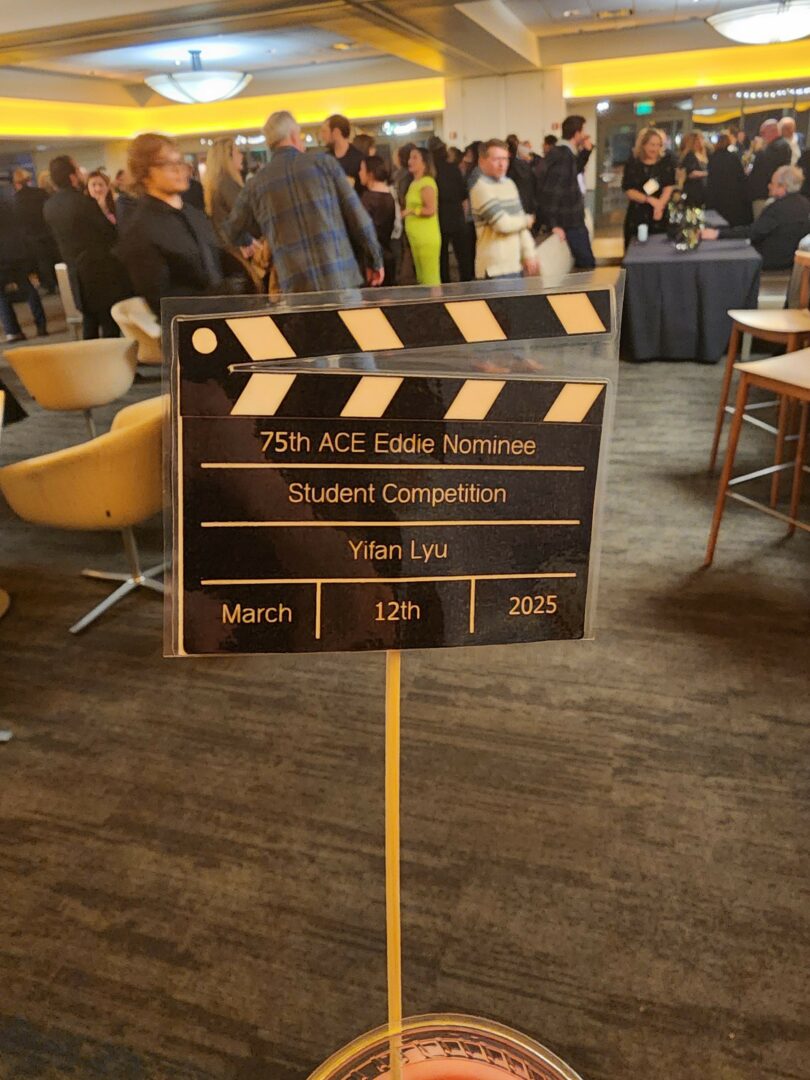
Looking back, what do you think were the three qualities, skills, or areas of knowledge that were most impactful in your journey? What advice do you have for folks who are early in their journey in terms of how they can best develop or improve on these?
Looking back on my growth journey, three qualities have profoundly influenced me, and I hope to share insights with those in the early stages of their path:
1. **An Outgoing Personality**
I realized early on that a cheerful disposition matters far more than technical skills—though it’s a harsh reality that our personalities are shaped by innate traits, upbringing, and self-perception. Personality is the foundation of all human connection: it determines whether others want to collaborate with you. In film crews, for example, a technically gifted editor who isolates themselves will struggle to integrate into creative discussions, while someone who listens actively and communicates openly earns trust from directors and cinematographers. Think of personality as a magnetic field: skills are the hardware, but your character dictates whether others want to engage with your “equipment.”
2. **Unwavering Passion**
The fuel that’s kept me going is my deep passion for editing—a fire that determines how far I can go in this industry. Film work is brutally competitive and exhausting: as an editor, I often spend 10+ hours daily at my desk, and on set, schedules run from 8 AM to 10 PM. No matter the role, the grind is real. But when I’m cutting footage until 3 AM and suddenly feel a scene’s rhythm click, that rush makes every late night worthwhile. Passion isn’t a fleeting emotion; it’s the grit to keep running a marathon when you’re exhausted, the excitement to dive into raw dailies, and the patience to restart after a director rejects your work. That innate love is the core engine for survival in this field.
3. **A “Thick Skin” Mentality**
This is a skill I’m still refining. In film, you can’t be timid—you must speak up, take risks, and proactively reach out to others. I used to be shy and terrified of criticism, but the industry forces you to grow. Feedback is constant: a director might say, “This pace is off,” or a producer might chime in, “Replace this shot.” It took time to see criticism not as a personal attack, but as a tool for growth. Now, I view critiques as puzzle pieces for improvement. Thick skin means separating your ego from your work, embracing discomfort, and using every “no” as a step toward “yes”—a rite of passage for every filmmaker.
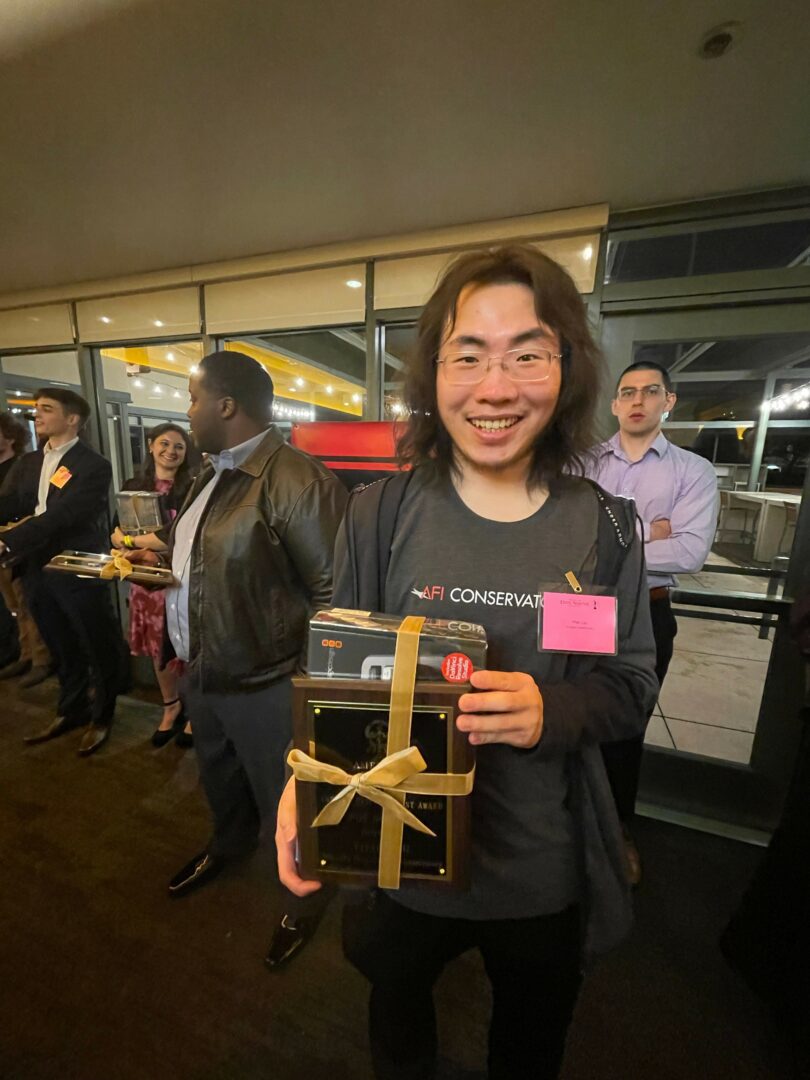
How can folks who want to work with you connect?
As an editor, I approach every project with enthusiasm, but I have a particular soft spot for action sequences. My love for this genre runs deep, tracing back to my childhood days of watching Ultraman and classic Hong Kong martial arts films. These early influences have stayed with me, fueling my passion for the dynamic energy and storytelling potential of action scenes.
While I’m always ready to take on diverse projects, I’d be truly grateful for opportunities to edit action-heavy content. Whether it’s a high – stakes martial arts showdown or an intense shootout, I find the process of shaping these sequences incredibly rewarding. I also have experience with VFX work, especially in creating elements like muzzle flashes, gun smoke, and impactful blood effects—details that can really bring an action scene to life.
For me, it’s not about chasing trends or financial gain. There’s something truly fulfilling about using my skills to enhance the excitement and intensity of an action – packed narrative. If you’re working on a project that features action at its core, whether it’s a throwback to classic fight choreography or a fresh, modern take, I’d love to hear from you. Feel free to reach out to me, and let’s collaborate and create something unforgettable.
Contact Info:
- Website: https://www.lyu-yifan.com/
- Instagram: https://www.instagram.com/yifan_lyu2/
- Linkedin: https://www.linkedin.com/in/yifan-lyu-098207216
- Other: MY VFX REEL: https://vimeo.com/952049923
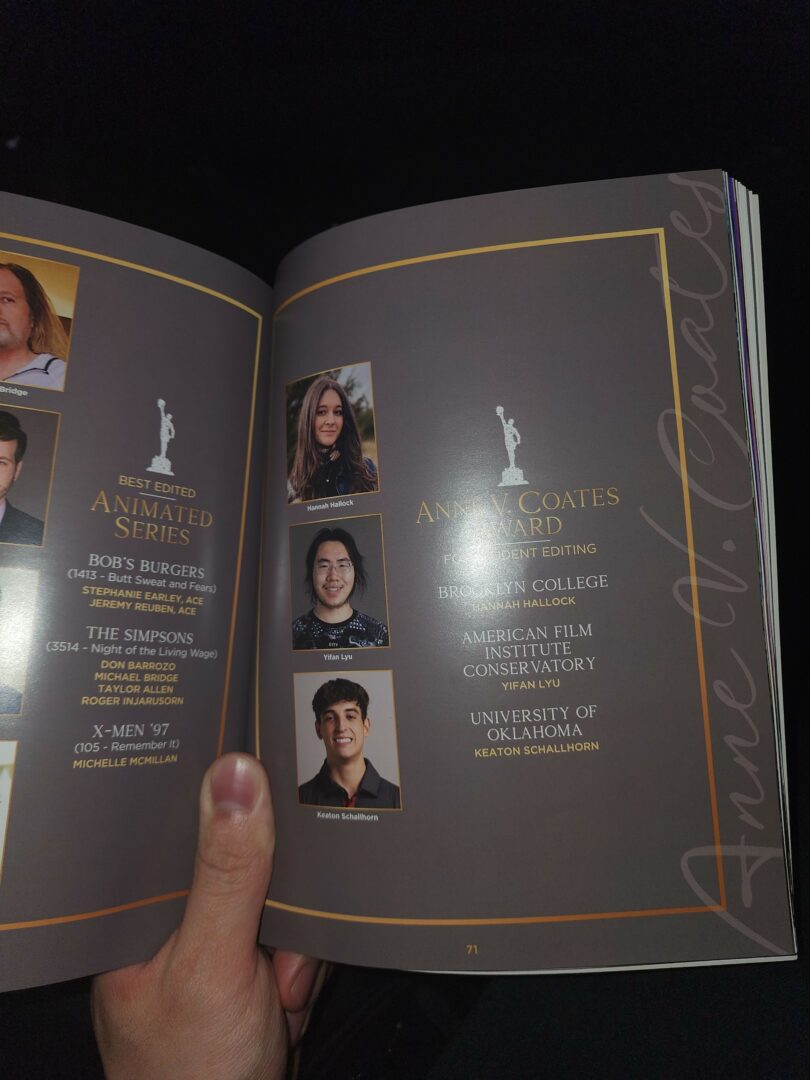
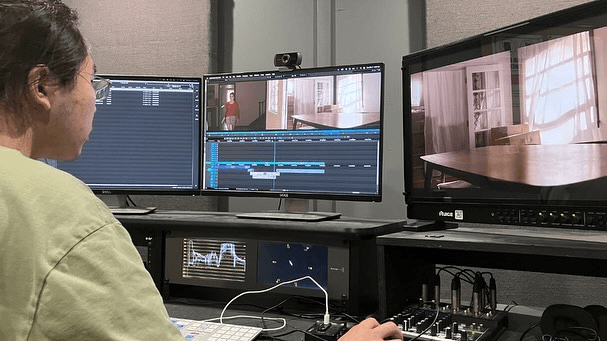
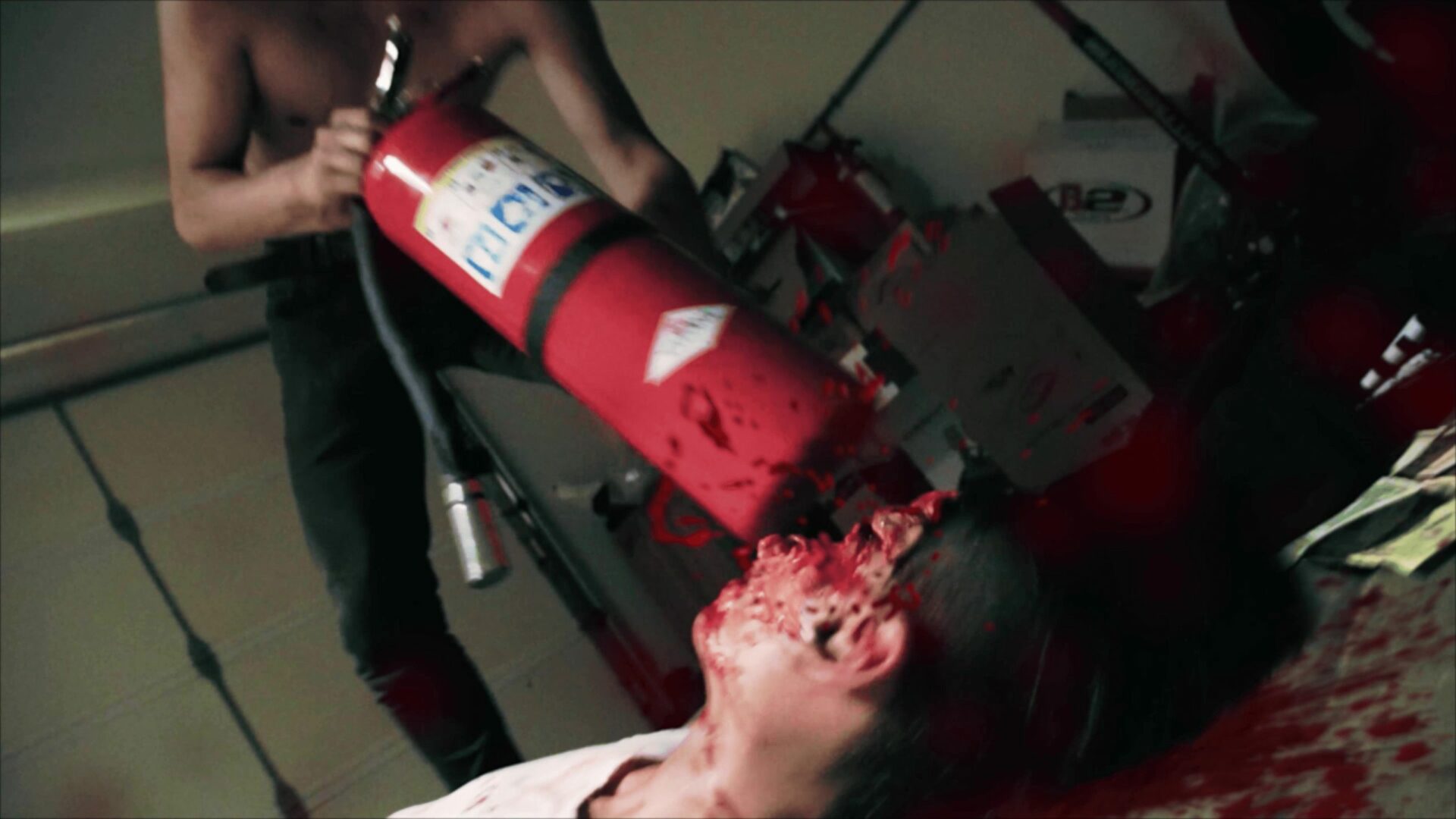
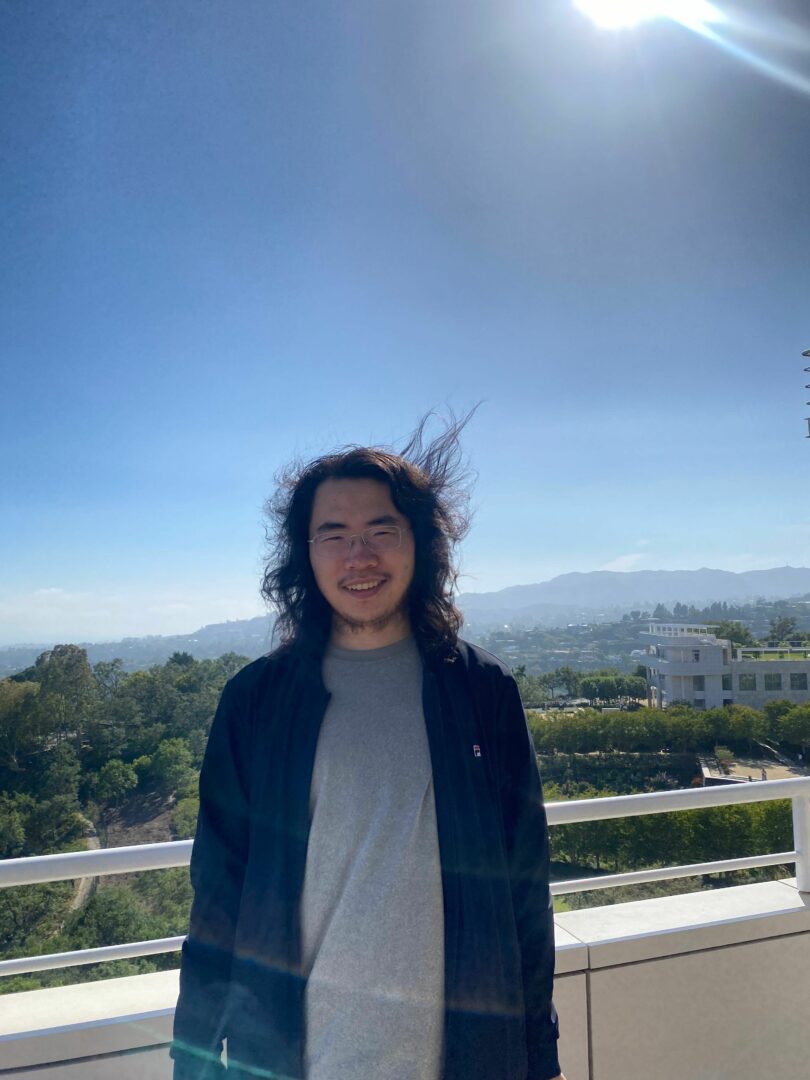
so if you or someone you know deserves recognition please let us know here.

